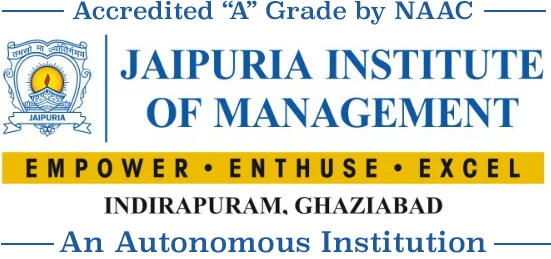The biggest challenge for Higher education today is to enhance the learning process and to create sustenance. The ability to receive a quality education is a privilege taken for granted in modern society. A very new perspective in improving the learning process is Transformative learning. Transformative learning reflects a particular vision for adult education and conceptual framework of understanding how adult learns. It is a learning to purposively question one’s own assumptions, beliefs, feelings, and perspectives in order to grow or mature personally and intellectually. When transformational learning occurs, a learner may undergo a “paradigm shift” that directly impacts future experiences
The Transformational Learning Theory originally developed by Jack Mezirow is described as being “constructivist, an orientation which holds that the way learners interpret and reinterpret their sense experience is, central to making meaning and hence learning” (Mezirow, 1991). The theory has two basic kinds of learning: instrumental and communicative learning. Instrumental learning focuses on learning through task-oriented problem solving and determination of cause and effect relationships. Communicative learning involves how individuals communicate their feelings, needs and desires. The process of transformational learning can be represented as below:

Adopted by David Pollack
Steps for Transformational Learning
- A disorienting dilemma
- Self-Examination and critical assessment
- Recognition that one’s process and transformation are shared
- Exploration of options for new roles, relationships and actions.
- Planning of a course of action. Acquisition of Knowledge and skills to implement.
- Provisionally trying new roles. Building competence and self-confidence in new roles
- Reintegration of new assumption in one’s life on the basis of conditions dictated by one’s own perspective.
Transformational Learning results in self-validation, transformed relationships, increased educational motivation, career improvement, and better quality of life. Transformational learning helps individuals to change their frames of reference by critically reflecting on their assumptions and beliefs and consciously making and implementing plans that bring about new ways of defining their worlds.
About the Author

Dr. Nidhi Mathur
ASSOCIATE Professor
She is BSc, M.B.A., NET and has overall 17 years of experience in academic.




